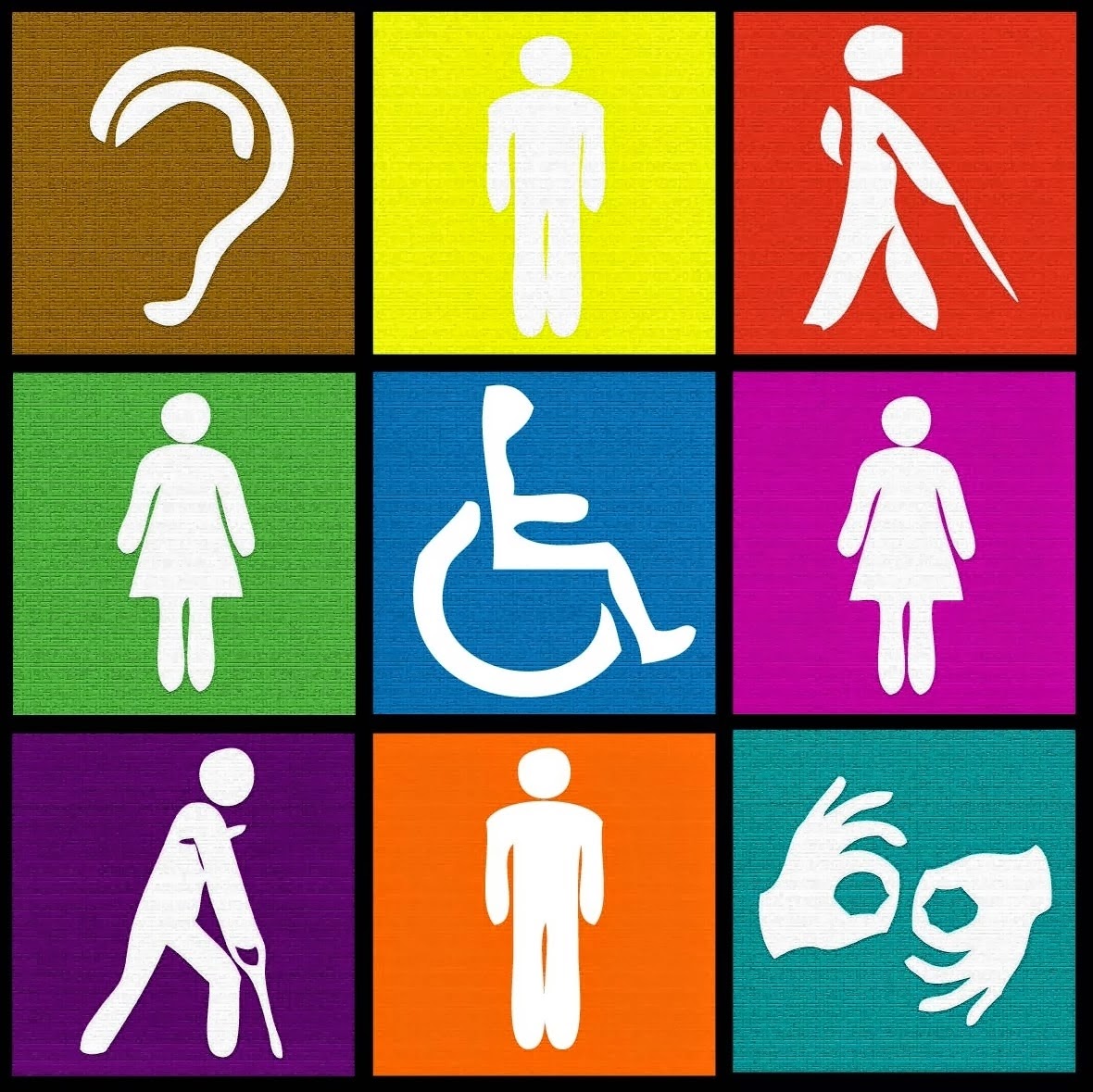“We will continue helping people with disabilities despite all obstacles.”
On March 26 and 27, Cuba will be reviewed by the Committee on the Rights of Persons with Disabilities, as a State Party to the Convention on the Rights of Persons with Disabilities. In the spirit of the upcoming review, we present this interview with Juan del Pilar Goberna Hernández, founder of the Red de […]

On March 26 and 27, Cuba will be reviewed by the Committee on the Rights of Persons with Disabilities, as a State Party to the Convention on the Rights of Persons with Disabilities. In the spirit of the upcoming review, we present this interview with Juan del Pilar Goberna Hernández, founder of the Red de Cultura Inclusiva.
The Red de Cultura Inclusiva [Network of Inclusive Culture] is an independent organization that has provided assistance since 2016 to persons with motor, visual, and auditory disabilities in Cuba as a resource for people with disabilities living in a totalitarian context.
One of the drivers of this network is Juan del Pilar Goberna Hernández, a man who completely lost his vision six years ago and decided to dedicate all of his energy to fighting against the innumerable barriers of all kinds faced by persons with disabilities in Cuba. This human rights activist was prevented from becoming a member of the Asociación Nacional del Ciego [National Association of the Blind] (ANCI) due to his expression of political ideas that run contrary to the Castro regime.
Why was the Network of Inclusive Culture founded, and what are its objectives?
When I lost my eyesight in 2012, my family and I began to realize the difficulties these people have, how this and other disabilities change you and your family’s lives completely. We also saw the huge amount of ignorance people have regarding disabilities, as they don’t even know that an international convention exists to protect their rights.
The Network was created in order to spread knowledge regarding these people’s rights, visualize their problems, and provide counsel in any way we can. We are an entirely civic non-profit organization; we don’t wish to go against the government, but its intolerant stance prevents us from doing our work.
To date, what work has the Network done and what has been its scope and impact?
We have hosted dialogue roundtables and workshops with persons with disabilities and persons who wish to join the Network to help these types of people. We monitor cases that don’t enjoy governmental protection or in which such protection has been very weak. We prioritize human rights activists, due to the extreme vulnerability to which they are subject from the double discrimination they face.
In addition, we have created a database of many of the structural barriers that exist in the country. We collect cases of persons with disabilities whose stories are published by the official media. Our Network has reached provinces such as Holguín, Granma, Cienfuegos, Villa Clara, and Matanzas. We would travel and meet even more people but for a lack of available funds.
Although the impact of our work is reflected very slowly in the daily life of society, it was very rewarding when we learned that in Holguín, for example, last year 150 structural barriers were eliminated, and a greater number of publicity spots [aired] on television about how one should treat persons with disabilities. The television program ‘Cuando una mujer’ [When A Woman] also has included cases of persons with some sort of physical limitation.
How has the regime’s repression toward the Network manifested itself?
On several occasions, when we learn of a case and visit the person, State Security visits them afterward and spreads fear in the person or makes them false promises that they will help them. These people get scared and cut off contact with us. Both my wife, Acelia Carvajal, and myself have been detained by State Security and they have threatened us in many ways and clearly tell us they will not allow us to do our work.
Other members of the Network, like Daniurka González, have also been interrogated by State Secrutity on several occasions. When we host activities, we feel the political police are watching us.
The repression has increased since we attended the 164th Extraordinary Session of the Inter-American Commission on Human Rights on Persons with Disabilities in Mexico in September of last year (2018), where we made documented presentations on two cases of children with child cerebral paralysis who have been completely abandoned, out of a total of eight cases we had compiled.
During that event, we focused on several rights that are violated, such as the rights to association and assembly, as well as the discrimination suffered by people with disabilities for political reasons, for not agreeing with the government.
All of that upsets the regime, and that is why they have prohibited my wife from leaving the country, thereby ensuring we cannot continue to make presentations in international fora on the neglect and indifference shown by State institutions toward many, many people with disabilities in Cuba, and even moreso if they are political opponents.
What final message would you like to transmit regarding your civic work?
We would simply like to coexist alongside the associations created by the government for people with some type of disability, as well as help not only those people but also their relatives. Our work is purely civic and humanitarian. We have told the authorities time and again: all we wish is for is compliance with the established rights of persons with disabilities, which today are a dead letter. And thus shall we continue, despite the obstacles.

